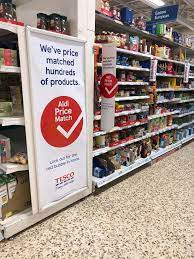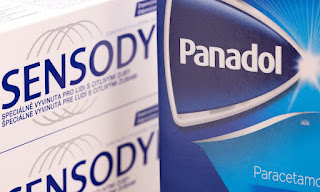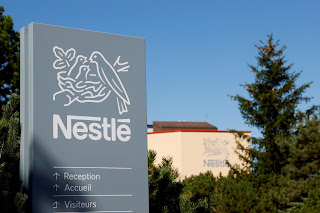The Chairman of the John Lewis Partnership (JLP) has joined the growing number of business executives and politicians warning that the UK is heading towards double-digit inflation as the war in Ukraine adds to cost pressures already being felt across numerous industries.
UK inflation is already at a 30-year high of 5.5% and is expected to rise to almost 8% next month as energy bills soar.Speaking on the BBC’s Radio 4 Today programme, Sharon White said: “Everything you can see in terms of energy prices from the impact of the Ukraine war suggests that we might well end up with double-digit inflation. My big worry is that it ends out being more enduring than anyone expects. So I think inflation is the big macroeconomic washout.”
NamNews Implications:
- ‘UK is heading towards double-digit inflation…’
- And this from an ex-government economist (Sharon White).
- NB. Keep in mind that ‘double-digit’ starts at 10%…
- Meanwhile, bankers are suggesting that, as high inflation will be temporary, workers will be tolerant on the impact on their living standards…
- In your dreams…
- And BTW, for those that feel that weakened Unions are in no position to negotiate…
- …we could find that inflation already in the pipeline could breed effective resistance on the shop floor.
- ...especially if inflation hits 10%!!








